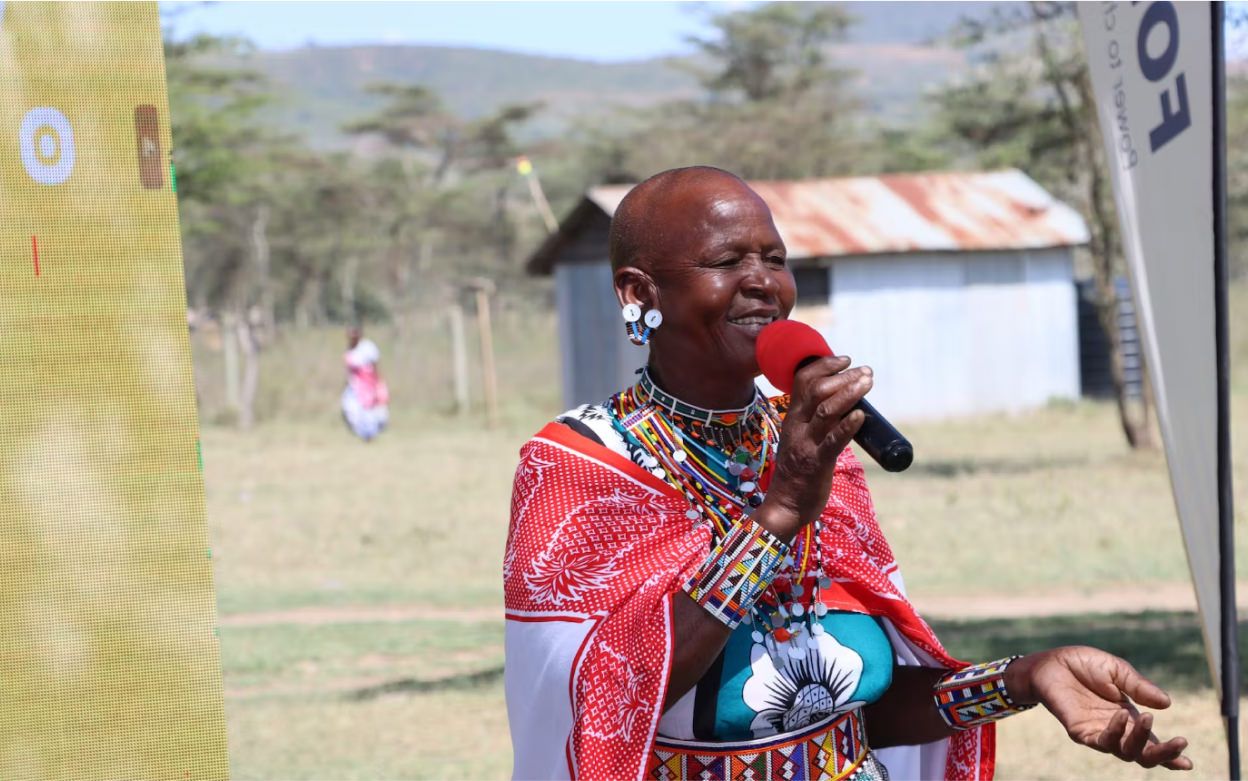International Labour Standards
The Maternity Protection Convention (No. 183) safeguards the rights of pregnant and nursing mothers at work, ensuring provisions for maternity leave, job security, and other benefits to support women during this crucial phase, fostering gender equality and women's well-being in the labour force.
The Domestic Workers Convention, 2011 (No. 189) focuses on ensuring the rights of domestic workers, guaranteeing a safe and healthy working environment for every domestic worker.
The Violence and Harassment Convention, 2019 (No. 190) addresses workplace violence and harassment, striving to create a safe and respectful working environment for all. It emphasizes the prevention and resolution of these issues to ensure protection for everyone in the world of work.
The ILO’s promotion of equal opportunities
The ILO actively advocates for social justice through the promotion of equal opportunities and treatment for women and men in the pursuit of decent work. Below are tangible examples of the ILO’s initiatives advancing gender equality.

Equal Pay International Coalition (EPIC)
Led by the ILO, UN Women, and the OECD, EPIC is committed to achieving global equal pay for work of equal value between women and men by 2030. EPIC unites diverse stakeholders, including governments, employers, workers, and civil society, to collaboratively narrow the gender pay gap. Operating globally, regionally, and nationally, EPIC’s approach involves raising awareness, sharing knowledge, promoting innovation, and scaling up initiatives to address pay equity. Recognizing gender pay inequality as a human rights issue, the coalition emphasizes objective job evaluations, a focus on gender-neutral criteria, and engagement in social dialogue to address this challenge.
As part of the UN Spotlight Initiative to eradicate violence against women and girls, the National Trade Union Centre and the Employers’ Consultative Association of Trinidad and Tobago collaboratively created and implemented a model workplace policy on gender-based violence, intimate partner violence, and sexual harassment. This successful initiative inspired the Caribbean Congress of Labour and the Caribbean Employers’ Confederation to adopt a joint policy position addressing gender-based violence in the workplace. Serving as a guiding framework, this policy position encourages other Caribbean Member States to develop their own policies on these critical thematic areas.
The ILO supports world of work institutions in West Africa to eradicate violence and harassment at the workplace for all. Leveraging institutional research, technical assistance, capacity building, social dialogue, and partnerships, the project launched an International Research Network specifically addressing violence and harassment at work in the region. In addition, the ILO is supporting the ratification process of the Violence and Harassment Convention, 2019 (No. 190) as well as the creation of two women-led cooperative businesses in Senegal, including training on equal remuneration and women’s leadership.
